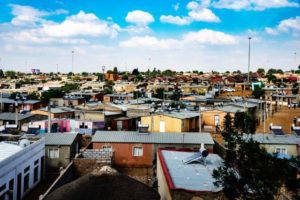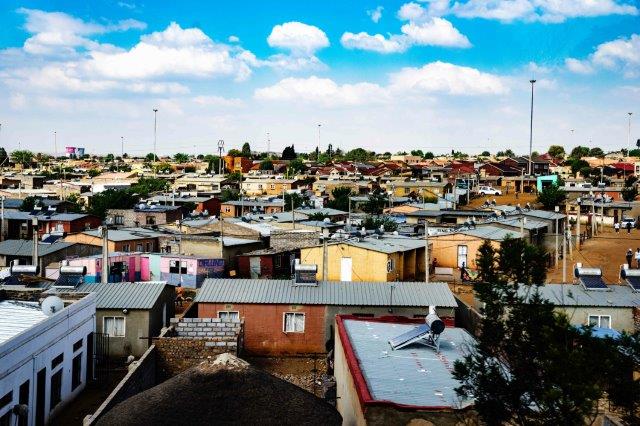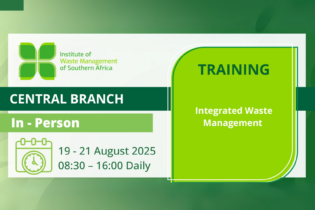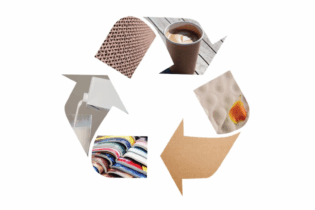Contributing to inclusive and sustainable economic growth, poverty reduction and mitigation of gender, social and economic inequalities is a key focus of the Future Cities South Africa (FCSA) programme.
FCSA is the delivery partner for this UK Foreign, Commonwealth and Development Office (FCDO) funded bilateral programme in South Africa, which delivers targeted technical assistance on urban planning, resilience, and transport to municipal governments. Leading consulting engineering and infrastructure advisory firm Zutari is part of a unique alliance of organisations and independent specialists comprising the FCSA, together with PwC (the UK and South Africa), Open Cities Lab (OCL), Palmer Development Group (PDG), Violence Prevention through Urban Upgrading (VPUU) and the Isandla Institute, among others. The FCSA consortium aims to support the city administrations of Johannesburg, eThekwini, and Cape Town with the urgent urban challenges, including those posed by Covid-19. This has resulted in the scoping and delivery of several projects, with Zutari overseeing one particular project in Soweto, highlights Monique Cranna, Technical Director, Urban Planning. The project includes a highly participatory approach in conjunction with the traditional technical component, looking at urban planning in particular. This encompasses spatial economics, finance, engineering, climate change, and resilience in order to bolster economic development. “We are involved with high-level engagement with stakeholders from the Soweto community and Johannesburg itself, where we are working across various city departments,” comments Cranna. The ultimate aim is to co-create a long-lasting partnership between the two. “We are liaising intensively with both the local community stakeholders and the local government in order to co-design innovative solutions that are based on emerging best practices for township economies,” elaborates Cranna. The planning process for the project alone has taken two years to date, interrupted last year due to Covid-19.Establishing a relationship with the local community stakeholders and forging inter-governmental institutional framework structures have been the biggest challenge posed by the project to date, adds Cranna.
The team is currently fleshing out the vision manifesto for the project, which is anticipated to be presented jointly to both the local community stakeholders and the city shortly. “What we have found is that the local community knows exactly what their issues and problems are, and is willing to engage with an organisation like Zutari that is willing to articulate these issues and problems and co-create value-adding solutions,” highlights Cranna. The project initially encompassed a major survey, but this had to be scaled back due to Covid-19. “We had to reconfigure our entire scope of work in terms of the process we wanted to adopt, so as to ensure that a viable outcome was still achievable within a reasonable timeframe.” This outcome is expected to take the form of a detailed strategic area framework for a study area within Soweto that is endorsed and therefore validated by all stakeholders. “It is a very different approach to that normally adopted by the city, due to the fact that we wanted to depoliticise the process itself and keep it to a technical and pragmatic level so that the local community could clearly see how it would translate into tangible deliverables,” stresses Cranna. “This also serves to empower the local community in that they have an active stake in a project that will impact materially on their quality of life going forward.” However, Cranna sees the most important outcome of the project as nurturing reciprocal trust between the Soweto community and the City of Johannesburg, which has had a strained relationship of late due to factors such as ongoing service delivery protests. “As soon as this project has been bedded down successfully, the aim is to have benchmarked an approach to spatial planning that can be rolled out to other township economies or marginalised settlements. Most rewarding for me about the process to date is engaging with the local community itself, who have been articulate and specific about their needs and requirements. Taking all of this onboard and co-creating solutions with ourselves, the local community, and the City of Johannesburg has been extremely effective, and will go a long way in setting out a roadmap for sustainable collaboration in the future,” concludes Cranna.







